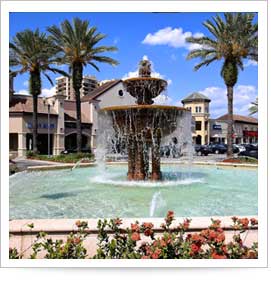
A short sale is a sale of real estate where the proceeds from the sale are less than the amount owed on the real estate. In other words, the proceeds are “short”. The amounts owed on a short sale property include all mortgages and other liens. In a normal situation, when a piece of real estate is sold, the proceeds of the sale are first used to pay off all mortgages and liens in full. Any additional amounts left over would go to the seller.
But in a short sale, there are not sufficient proceeds from the sale to pay off the mortgages and liens. Therefore, the seller and lender must agree beforehand that the lender will accept these lesser proceeds as payment in full for it’s outstanding loan/lien – even though they are taking a loss. Lenders frequently agree to a short sale in order to minimize their losses. With the drop in real estate values over the past few years, many houses are “underwater”. In other words, they are worth less than what is owed on them. Many lenders understand that if they do not agree to a short sale then they will likely have to foreclose at a later date – in which case they would incur more fees and receive a lower amount of proceeds.
Short sales have become a very popular way of finding a home. There are many short sale properties on the market today and a qualified real estate agent can help you find what you are looking for.
As an attorney, as well as a real estate agent, I can explain the entire short sale process in more detail and can walk you through the entire process. Please contact us to see how we can help you with your short sale.





